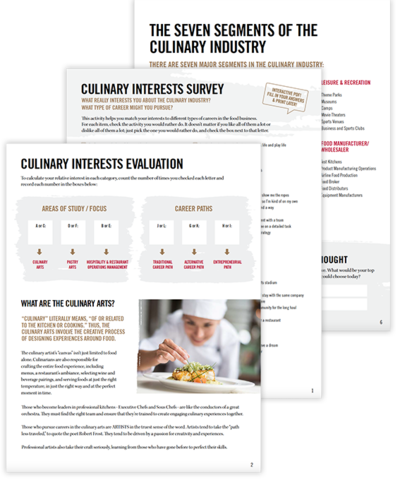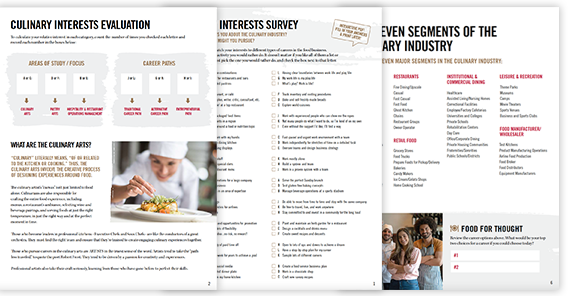Tips For Caring For Your Non-Stick Cookware
Non-stick cookware is great, especially when you are just starting to learn to cook. It does exactly as the name implies – stopping foods, especially more fragile foods like eggs or fish, from sticking to the sides of the pan. Once you bring home your brand new set of non-stick cookware, you probably are going to pull them out of the box and admire them as you deposit the packaging and miscellaneous contents in the recycling. Just like learning cooking basics, you don’t want be too hasty, otherwise you’ll miss something very important within the box – the directions. You probably didn’t think that there was any need for guidelines when it came to non-stick cookware, but if you want your pans to last, there are certain practices to keep in mind so as not to wear them out too fast.
Prepping the pans
The term “non-stick” may lead you to believe that there is absolutely no prep work involved in cooking with your new pots and pans. In reality, though, you are going to want to add a drop or two of olive oil or a little bit of butter to the pan before you begin serving up dishes. Never use a cooking spray, as they can build up on areas of the pan that may not have gotten as hot. Over time, it will continue to accumulate and degrade the quality of your pan.
Utensils
When using non-stick pots and pans, you want to make sure that you never use a metal utensil for stirring or flipping. Metal spoons and spatulas will leave scratches in the surface of non-stick cookware. Once the non-stick coating has been scratched it begins to quickly break down and food begins to stick to the surface of the pan. There is also a risk that the surface may start flaking away while you cook, especially if your food is already starting to stick to the pan.
Cleaning
Once you’ve finished cooking with your new non-stick pans, you’ll want to wash them so that they are clean and ready-to-to the next time you need a pan. The easy thing to do would be just to put them into the dishwasher, turn it on and walk away. If you want your cookware to last, though, you should wash your non-stick pans by hand. The hot temperature and blast of the water jets knocking over dishes into the surfaces of your pans will cause scratches and warping that will leave your cookware damaged and less effective.
Storing
Now that you’ve cooked with and cleaned your pans, it’s time to store them. If you’re like most people, you probably are planning on stacking them inside of each other because there is only so much space in your kitchen cabinets. Be careful while doing this, though, because it could cause them to become scratched and may shorten their lifespan. To prevent damage while still saving space, place a cloth in between each pan to protect them from knocking into one another. If possible, though, it’s best to hang pans side by side to remove all risks.
If you like this post, please be sure to check out the following!
Weekend Spotlight: Cast Iron Skillet
3 Tips For Keeping Your Kitchen Clean
Avoid Making Common Cooking Mistakes In Your Home Kitchen





Recent Comments